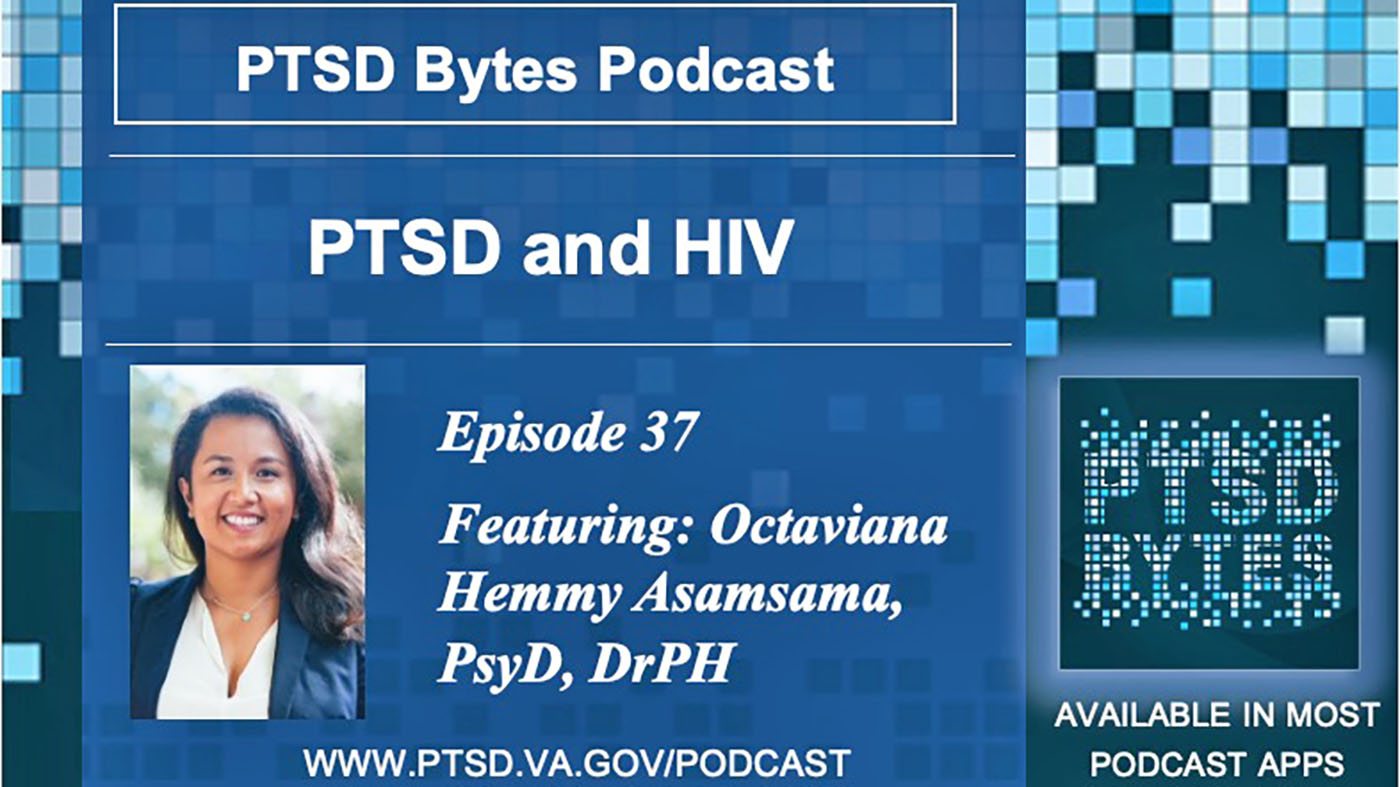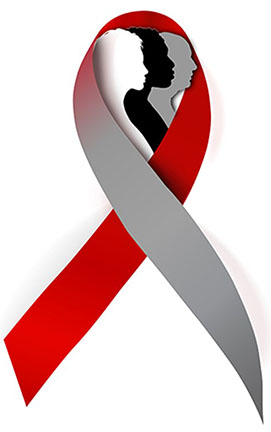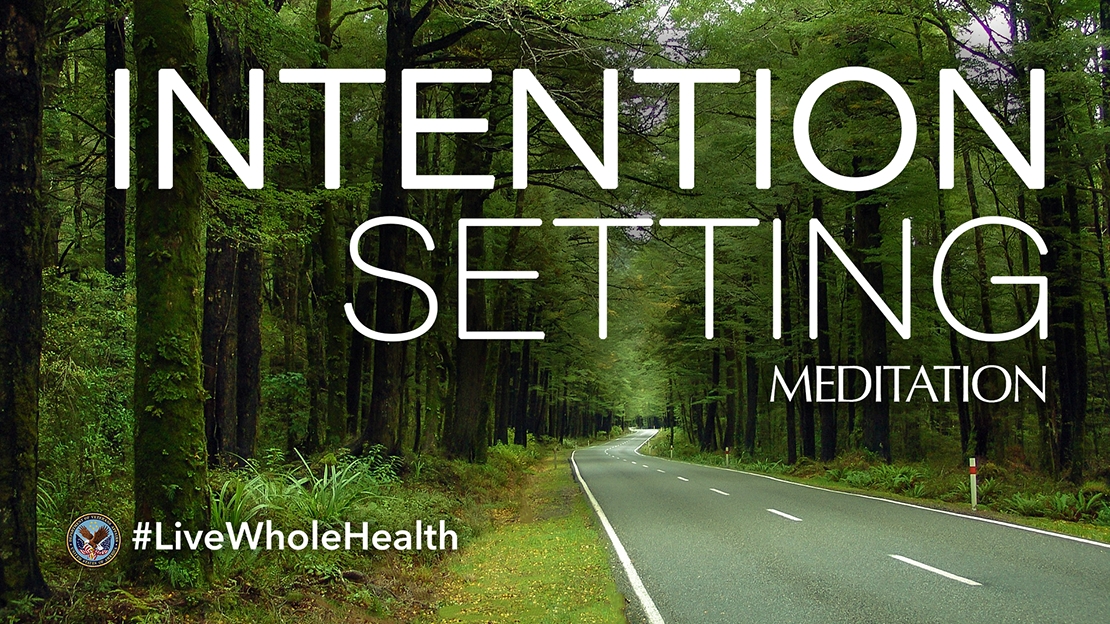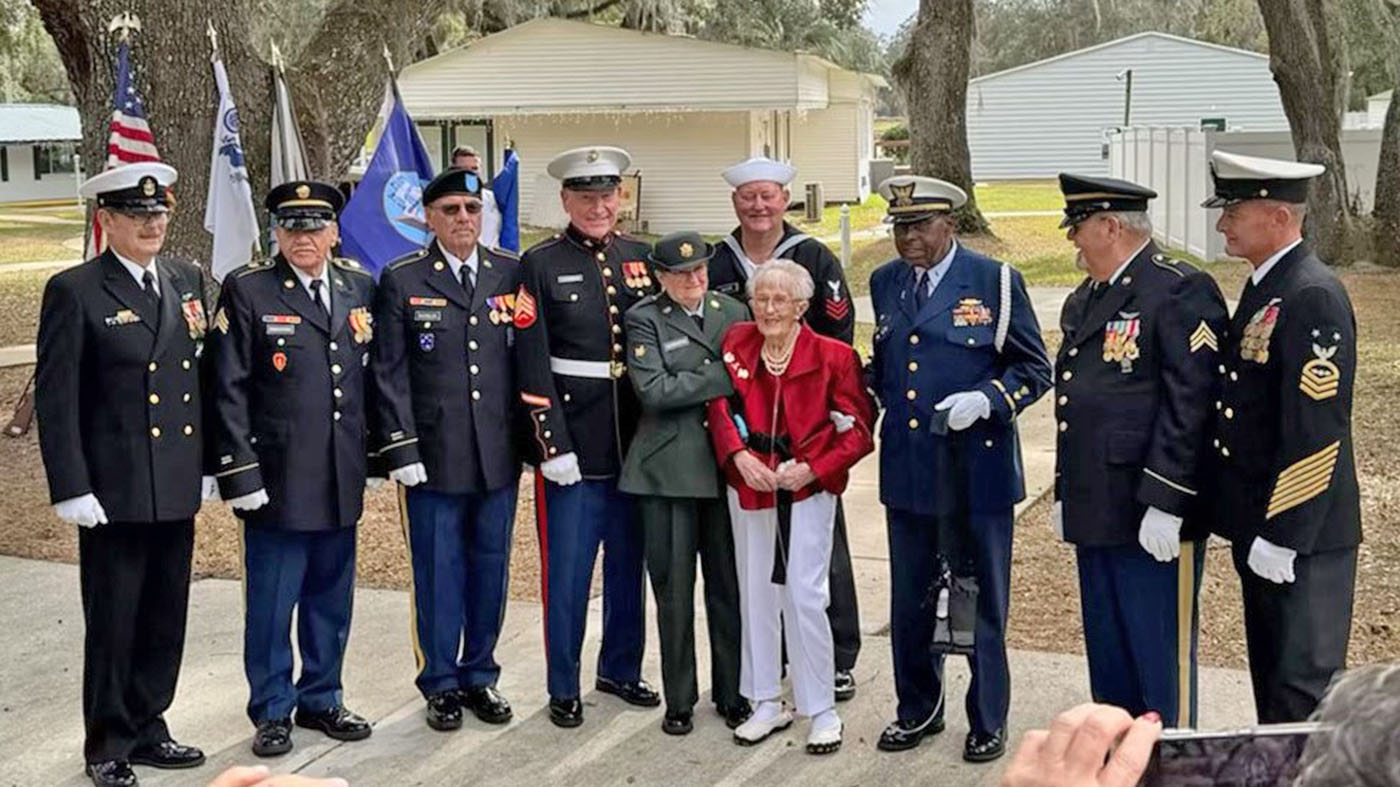In this episode of the PTSD Bytes podcast, host Dr. Colleen Becket-Davenport discusses navigating treatment for HIV and PTSD in the Veteran community with Dr. Octaviana Hemmy, an integrated health psychologist, the section chief of Addiction Services at the San Diego VA Healthcare System, and the national coordinator for VA’s HIV and Liver Disease Psychology Postdoctoral Fellowship Program.
HIV risk factors
Human Immunodeficiency Virus (HIV) attacks cells that can help the body fight infections, making patients more vulnerable to developing other diseases. If someone has a high virus count, they may transmit HIV to other people when engaging in risky behaviors, such as having unprotected sex or sharing drug equipment like syringes, needles and pipes.
Unfortunately, HIV disproportionately affects the Veteran population who oftentimes have higher rates of trauma history, substance use and housing challenges compared to civilians. These stressors—combined with risky behaviors—may explain why Veterans are more likely to contract HIV.
HIV and mental health
Somebody with PTSD may be more likely to engage in risky behaviors that increase their chances of infection. However, having HIV can also negatively impact one’s mental health, especially if the HIV diagnosis were delivered as though it were a death sentence. For some, the diagnosis can reinforce feelings of isolation and negative self-worth, which can also be traumatic and stressful. This may help explain why rates of depression are also higher among individuals with HIV.
HIV is linked to higher rates of substance use disorders, and illicit substance use is approximately 20% greater among Veterans with HIV compared to those without. Veterans with HIV may have higher rates of illicit substance use due to using substances before their diagnosis, struggles with finances and housing instability.
Drugs and alcohol may be the oldest and most reliable sources of comfort for these Veterans, making it important to learn healthier coping skills to address these complex real-life issues.
Treating PTSD and HIV
PTSD treatment for individuals living with HIV may come with special considerations because they’re also coping with managing a chronic illness. For example, remembering to take medications daily to ensure that their viral count is low can be mentally and emotionally taxing. It may be helpful to work with an integrated health psychologist who is part of a medical team comprised of doctors, nurses and sometimes social workers to reduce the amount of clinic visits patients have to make.
Integrated health psychologists can help Veterans with HIV address their unique needs, such as helping Veterans navigate a partnership with someone who is HIV negative.
They can also provide trauma-focused therapy during the Veteran’s HIV clinic visits so the Veteran can feel more comfortable discussing their diagnosis to someone familiar with HIV care. Integrated health psychologists can also facilitate understanding between medical professionals and Veterans, such as explaining to medical staff if a Veteran is reluctant to take their medications because it’s a trigger for the trauma that caused them to contract HIV.
Tips and resources for providers
Managing HIV and PTSD can be challenging, so it’s important to remain empathetic and help the Veteran understand that their medical care team is doing their best to improve the Veteran’s overall treatment outcome.
Helpful strategies may include:
- Motivational interviewing techniques to help facilitate change.
- Working as a part of a team to help Veterans engage in evidence-based, trauma-focused therapy that recognizes challenges and risk factors while also encouraging them to participate in HIV treatment.
- VA digital resources aimed toward supporting people with PTSD or other mental health concerns include the Mindfulness Coach mobile app and VA Veteran Training, which offers a variety of online courses covering sleep issues, anger management, parenting and more.
At the end of the day, treatment should seek to help the Veteran build a life that they enjoy living without having to rely on the unhealthy behaviors or tools they were using before.
Additional links
- HIV Care and Resources at VA
- Substance Abuse and Mental Health Services Administration (SAMHSA) Guide to HIV Prevention and Treatment for People with Substance Use and Other Mental Health Disorders
- Learn more about VA mental health apps
- Find mental health treatment at VA
- Find mental health treatment outside of VA
- More PTSD Bytes episodes
If you are a Veteran who is experiencing a crisis or supporting a loved one who is, call 988 and press 1 for immediate assistance, or chat online.
Topics in this story
Link Disclaimer
This page includes links to other websites outside our control and jurisdiction. VA is not responsible for the privacy practices or the content of non-VA Web sites. We encourage you to review the privacy policy or terms and conditions of those sites to fully understand what information is collected and how it is used.
More Stories
New Year, new intentions! As we welcome 2025, pair your goals with meaningful intentions with this 5-minute meditation for this week's #LiveWholeHealth practice.
Dr. Loretta Ford is known for her groundbreaking work in advancing the role of nurse practitioners.
At VA, we put women Veterans at the center of your care with a personalized Whole Health approach for your unique needs and goals.








